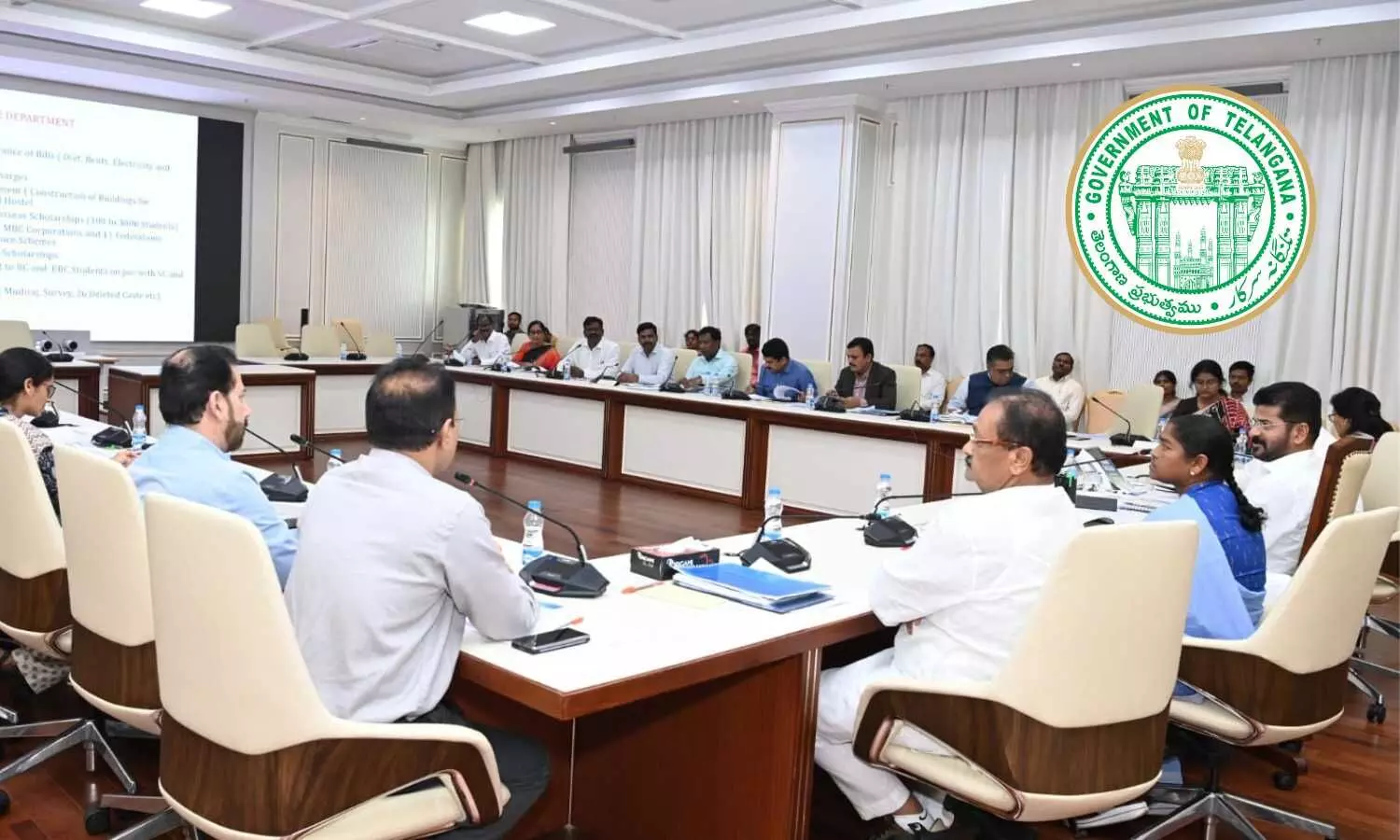Telangana Chief Minister A. Revanth Reddy’s latest political gamble — to grant 42% reservation to Backward Classes — has run straight into the judicial wall. His attempt to crown himself as India’s new “BC leader” by breaching the Supreme Court’s 50% cap is not just constitutionally reckless; it’s politically desperate.
Neither Revanth nor his party can plead ignorance. The Supreme Court has repeatedly upheld the 50% ceiling — most recently in May 2021, when it struck down Maharashtra’s Maratha quota law. The Court ruled clearly: the Maratha community was not educationally or socially backward, and exceeding the limit would violate the right to equality. The bench refused to revisit the Indra Sawhney (1992) judgment that firmly set the ceiling and made equality a constitutional constant.
Knowing all this, why would the Congress government still push a quota policy that has no chance of surviving judicial scrutiny? Because, for the Congress, caste arithmetic has always trumped constitutional sense.
This is the same old Congress formula: make impossible promises, divide society in the name of social justice, and then cry “injustice” when courts strike them down. It’s an electoral stunt dressed as reform — and it insults the very communities it claims to empower.
Revanth Reddy’s predecessors have tried the same trick. The late Y.S. Rajasekhara Reddy, advised by an overzealous bureaucrat, announced 5% reservations for Muslims in Andhra Pradesh — completely ignoring that religion-based quotas are unconstitutional. Predictably, the courts struck it down.

From Nehru to Indira Gandhi to Rajiv Gandhi to Manmohan Singh, the Congress has amended the Constitution over a hundred times, often to tweak or expand reservation politics for votes. Yet, this is the same party that accuses others of dividing the nation.
As of today, reservations stand at 15% for Scheduled Castes, 7.5% for Scheduled Tribes, and 27% for Other Backward Classes — totaling 49.5%. The 103rd Constitutional Amendment (2019), a landmark reform, added a 10% quota for Economically Weaker Sections (EWS) among forward communities — the first real recognition that poverty, not caste, should define disadvantage.
However, many states have breached this ceiling — Tamil Nadu (69%), Rajasthan (64%), Maharashtra (62%), Chhattisgarh (82%), Madhya Pradesh (73%) — and most have had their laws struck down or stayed. Even Telangana’s 2017 move to hike Muslim quotas from 4% to 12% and ST quotas from 6% to 10% was frozen because it violated the same constitutional cap.
Revanth Reddy now wants to go down that same path, promising BCs 42% — a move that leaves just 8% before crossing the national limit. This is not policy; it’s populism on steroids. To win the upcoming civic polls, which the Revanth government cannot hold back, in the wake of the state High Court directive.

Seventy-five years after independence, India must break free from the politics of caste entitlement. Social justice cannot mean eternal appeasement. The genuine upliftment of the poor — in every community — must now rest on economic criteria, not caste certificates.
Let the 50% cap remain. Let reservations for Scheduled Castes and Scheduled Tribes, the historically oppressed, stay untouched. But the rest must evolve into an economic justice framework — open to all who are genuinely deprived, irrespective of caste or religion.
Caste no longer defines deprivation. Poverty does. And poverty has no caste.
Revanth Reddy’s BC quota gamble is neither legally tenable nor morally defensible. It exposes how little respect Congress governments have for constitutional restraint — and how far they will go to secure short-term electoral gains.
India deserves better. It’s time to end caste quotas and empower the poor. The politics of reservation has served its historical purpose; clinging to it now only deepens division and breeds resentment.
The next great reform must not be about who you were born as — but how hard you work, how much you need, and how much the nation can help you rise.
End caste quotas. Empower the poor. Restore equality. That’s the real social justice India deserves.





